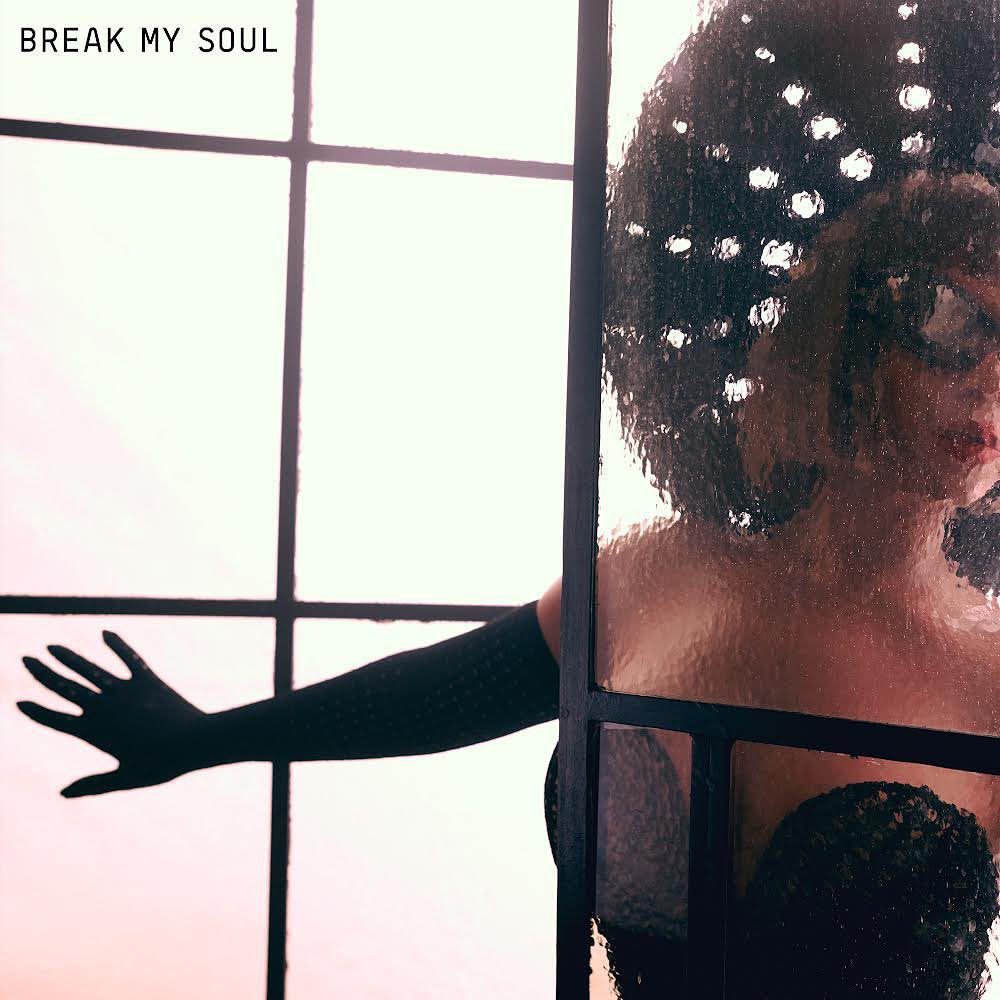Beyoncé – Break My Soul
The mainstream’s embrace of no-nonsense house music has long been on the horizon, starting as far back as 2014 when a certain deep house bass-line crept its way into a number of high profile pop releases. Since then, the imminent arrival of 90’s Chicago as the new sound of pop has been breaking through steadily. Dua Lipa flirted with classic four on the floors through disco coloured glasses with Hallucinate, and Ariana Grande’s Motive threw Villalobos style microbeats into the mostly sparse terrain of 2021’s Positions. Until this point, a total embrace of house could be felt most in official remixes by underground stalwarts or on a planet Lady Gaga discovered called Chromatica. It’s for this reason that Break My Soul feels pivotal to the landscapes of both pop and house, with the latter officially receiving the former’s stamp of approval from the Queen herself: Beyoncé. As the first single from her upcoming seventh major label LP, it’s the dawning of a new era that will undoubtedly ripple across the mainstream and the underground.
Beyoncé is an essential litmus test for where pop is currently swinging. Together with her groundbreaking 2013 eponymous album and magnum-opus Lemonade, Queen Bey exacted a rebirth of sorts. In politicising herself, she reshaped herself into a seemingly seraphic harbinger of the cultural zeitgeist. Integral to this was and is her willingness to experiment with new styles and ideas, in particular those beginning to ascend from the underground toward cultural significance. 2020’s The Gift embraced African dance music styles that had otherwise found their way across the pond through underground notoriety, now thrust to the centre of the mainstream. Her timing is almost always impeccable, her drag on point. The Gift would arrive wrapped in gorgeous (potentially stolen) visuals at a crucial moment for the global recognition of amapiano. Some might argue that The Gift is responsible for amapiano’s final push toward domination. Yet, the groundwork for this point to materialise was being done long before Moonchild or DJ Lag appeared on the Queen’s Beydar. Likewise, Break My Soul is the result of years of pushing forward a house ‘revival’ by the likes of Honey Dijon or Jayda G, while its arrival at the apex of Pride month is a thesis in of itself.
It’s perhaps unsurprising then that Break My Soul sounds anything but groundbreaking. The Robin S sample is no new trick, most recently showing up in (alternative) pop by way of Charli XCX or influencing that bassline (see above). The beat reads as an endless and uninspired loop, a banging piano riff thrown in for good measure. Beyoncé’s ‘voice of the people’ role makes her work impossible to dissect sans politics. On Break My Soul, she’s crossing over into historically queer discourse. A Big Freedia sample makes a welcome cameo, though compared to her turn on Formation this risks reading as tokenism. The track rehashes notions of ‘dancefloor liberation’ to a tee, and touches on post-pandemic burnout with its (sort of ironic) anti-work sentiments. It weaves together all the essential DNA of diva house, making it undeniably enjoyable but not necessarily revolutionary.
To ears well versed in house, it’s an otherwise repetitive rehashing of all too familiar tropes and samples. But this isn’t house; this is pop. Therein lies the significance of Break My Soul. It marks a moment that has long been coming; the turning point at which underground innovation becomes mainstream standard. Beyoncé will undoubtedly be lauded for her reclamation of house as Black, queer music. But let us not forget Dijon, Jayda G, Maya Jane Coles, and countless other BIPOC, queer, and femme DJ-producers who have taken it upon themselves to evolve the magic first conjured by Frankie Knuckles a lifetime ago at The Warehouse. Consider them landlords. Beyoncé is just renting.
Listen to Break My Soul below.



